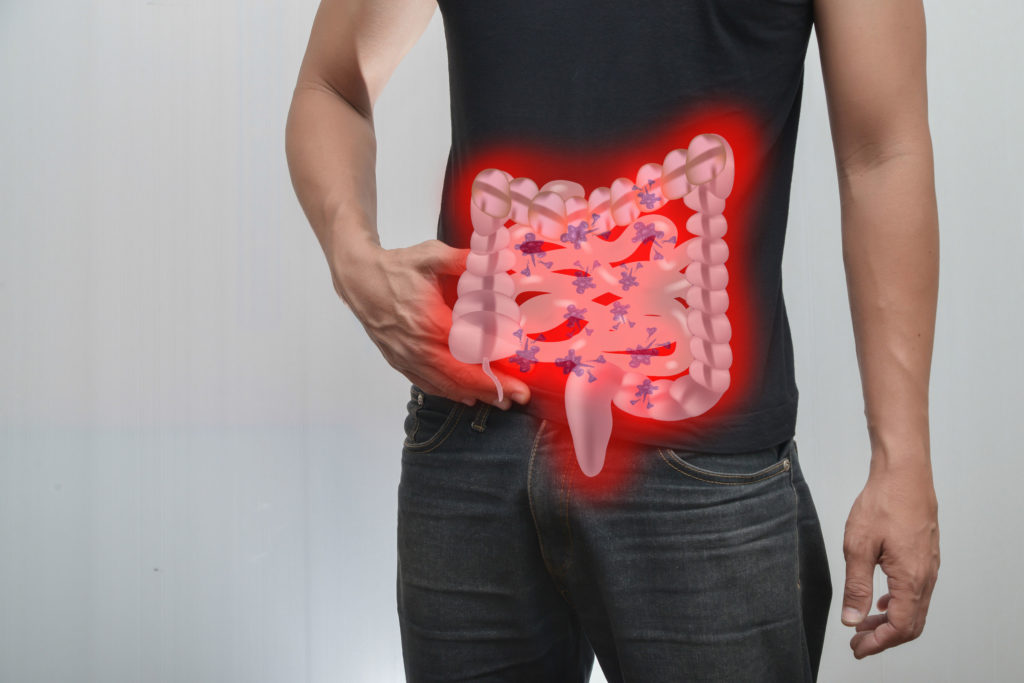
Gastroparesis, which means partial paralysis of the stomach, is a serious disease that prevents your stomach from digesting food and emptying properly. Damaged nerves and muscles don’t function with their normal strength and coordination. Ordinarily, strong muscular contractions propel food through your digestive tract. Hereby slowing down the movement of contents through your digestive system. Doctors don’t yet know how to reverse the damage, but there is a range of treatment options. And, early diagnosis definitely helps.
How do you know you have gastroparesis?
There are many symptoms of gastroparesis, including:
Heartburn or GERD Nausea
Vomiting undigested food Feeling full quickly when eating
Abdominal bloating Poor appetite and weight loss
Poor blood sugar control
Possible causes & complications
Certain medications, such as opioid pain relievers, some antidepressants, and high blood pressure and allergy medications, can lead to slow gastric emptying and cause similar symptoms. Although there’s no cure for gastroparesis, changes to your diet, along with medication, can offer some relief.
It’s not always clear what leads to gastroparesis. But in many cases, gastroparesis is believed to be caused by damage to a nerve that controls the stomach muscles (vagus nerve).
In diabetic patients, it appears as more of a neuropathy-based disease associated with damaged nerves. In patients who don’t have diabetes, it seems more muscular-based: The nerve endings are all right, but the muscles are not responding, he says.
In addition to diabetes, other sources of gastroparesis include:
Lingering post-viral effects — You get a virus, but the nausea and vomiting from the virus don’t go away after the virus is gone.
Connective tissue diseases — Gastroparesis may plague patients who have diseases such as multiple sclerosis or muscular dystrophy.
Side effects from medication — Probably the most difficult group to treat, narcotic pain medicines and other drugs slow a patient’s intestinal motility.
Post-surgical effects — Some patients develop gastroparesis after the vagus nerve is damaged or trapped during a gastrointestinal surgical procedure.
Complications
- Food that stays in the stomach too long can ferment, which can lead to the growth of bacteria.
- Food in the stomach can harden into a solid collection, called a bezoar. Bezoars can cause obstructions in the stomach that keep food from passing into the small intestine.
- People who have both diabetes and gastroparesis may have more difficulty because blood sugar levels rise when food finally leaves the stomach and enters the small intestine, making blood sugar control more of a challenge.
Medical sources: Gastroparesis, Gastroparesis: Know the Risk Factors for This Mysterious Stomach Condition, Understanding Gastroparesis










